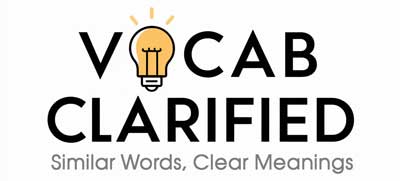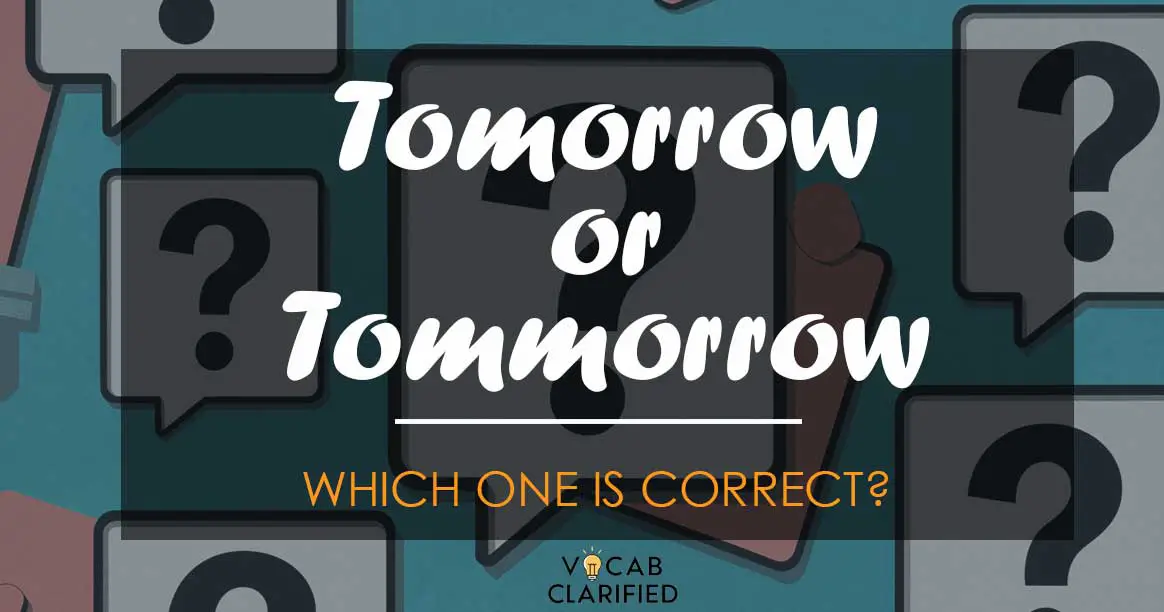Have you ever found yourself second-guessing whether to write “tomorrow” or “tommorrow”? It’s a common dilemma that many people face, often leading to confusion.
Let’s dive into the details and finally put the “tommorrow” vs. “tomorrow” debate to rest.
Understanding Tomorrow And Tommorrow
Tomorrow: Definition and Usage
The word “tomorrow” refers to the day after today. It is used to indicate future plans, events, or time periods. For example:
- “I will finish the report tomorrow.”
- “Let’s meet tomorrow at 10 AM.”
Tommorrow: Definition and Usage
“Tommorrow” is simply a misspelling of “tomorrow.” Although it might seem correct because of how it sounds, adding an extra ‘m’ is incorrect. Unfortunately, this mistake is common in casual writing and even in professional settings, but it should be avoided.
Side-by-Side Comparison
| Aspect | Tomorrow | Tommorrow |
| Definition | The day after today | Misspelling of “tomorrow” |
| Common Usage | “See you tomorrow!” | “See you tommorrow!” (incorrect) |
| Key Differences | Correct spelling and usage in English | Incorrect spelling and should be avoided |
When deciding between “tomorrow” and “tommorrow,” always opt for “tomorrow.” The extra ‘m’ might look right at first glance, but it is a mistake that can affect the clarity and professionalism of your writing.
Everyday Usage Examples
To illustrate how “tomorrow” and “tommorrow” might appear in everyday language, here are some examples:
- Correct: “We’ll have the meeting tomorrow at noon.”
- Incorrect: “We’ll have the meeting tommorrow at noon.”
- Correct: “Tomorrow is another day to make things right.”
- Incorrect: “Tommorrow is another day to make things right.”
- Correct: “Are you free tomorrow evening?”
- Incorrect: “Are you free tommorrow evening?”
Conclusion
In the end, the correct spelling is “tomorrow,” with only one ‘m.’ Avoid the common pitfall of adding an extra ‘m’ as in “tommorrow.”
By using the correct form, you ensure that your writing is clear, professional, and free from easily avoidable mistakes. Next time you’re planning for the day ahead, remember that “tomorrow” is the right choice.

